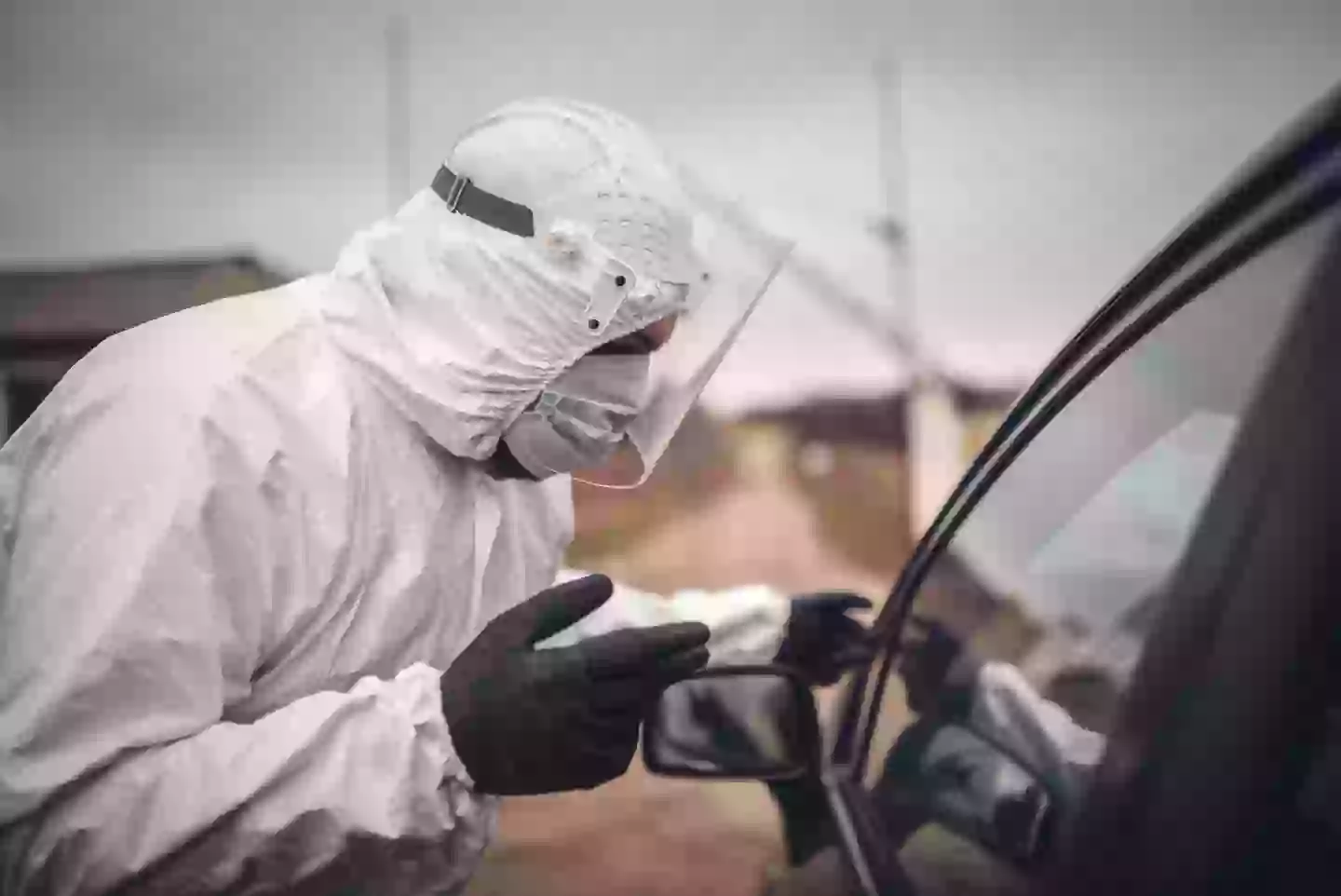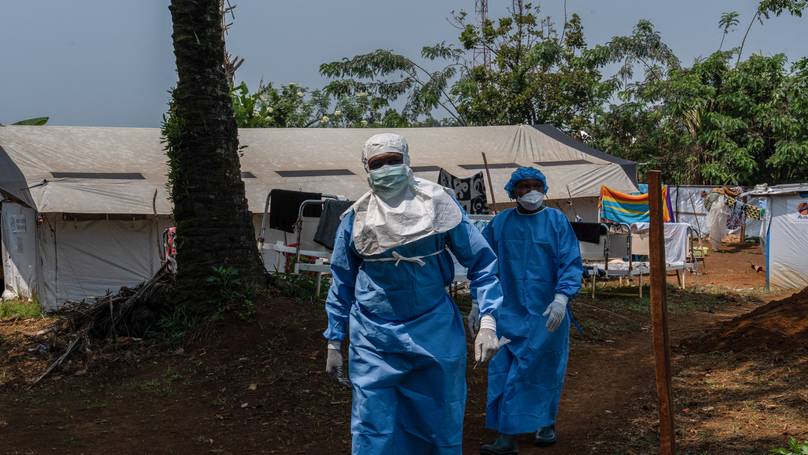“Is the UK on the Brink of a Health Crisis? Expert Reveals Key Steps to Combat Deadly Mystery Illness as Death Toll Soars”
Could you imagine a virus lurking just beneath the surface, capable of taking lives in less than 48 hours? It’s a horrifying thought, yet this is the grim reality that health experts are grappling with in the UK, as an unidentified virus claims lives in the Democratic Republic of Congo. With reports from the World Health Organization (WHO) confirming 60 deaths and over a thousand cases since January 21, the urgency of the situation can’t be overstated. The recent tragic tale of children consuming dead bats adds a layer of concern about zoonotic diseases and the potential for global spread. Dr. Zania Stamataki, an esteemed Associate Professor in Viral Immunology, stresses the importance of vigilance and swift action, pointing out that infections don’t recognize borders. So, what can the UK do to protect itself from this unseen threat? Stay informed and prepared! For those curious about the unfolding situation and the best strategies for prevention, you’re in the right place. LEARN MORE.
A health expert has revealed the best way the UK can avoid an unidentified virus that is killing people ‘within 48 hours’.
The World Health Organisation (WHO) has issued a warning after the outbreak began in the Democratic Republic of Congo began on 21 January.
60 deaths and 1,096 cases have been recorded, according to the United Nations (UN).

The death toll has risen to 60 (Getty Stock Images)
It comes after a local health department report stated that three children under five were said to have eaten a dead bat in the village of Boloko.
Having ruled out Ebola and Marburg, the UN said: “The UN health agency has delivered emergency medical supplies, including testing kits, and developed detailed protocols to enhance disease investigation.
“Increased disease surveillance has identified in total of 1,096 sick people and 60 deaths in Basankusu and Bolomba fitting a broad case definition of the mysterious illness.”
Dr Zania Stamataki, Associate Professor in Viral Immunology at the University of Birmingham, has since addressed the chances of the illness reaching the UK.

(Getty Stock Images)
She said: “Infections know no borders and do not respect country lines. People travel and infections travel with them, either hitching a ride in a person or in animal carriers, so one cannot exclude spread outside of a country’s borders.
“In the UK and in other countries we need to remain vigilant and watch for symptoms. Symptoms of a haemorrhagic fever-type disease should be reported to the UK Health Security Agency via a registered medical practitioner.”
Dr Stamataki also explained that ‘the best way to contain the outbreak is to isolate patients and stop travel in affected regions to prevent transmission’.
“Viral infections can remain silent in the body for days before we start showing any symptoms. This is called the virus ‘incubation period’,” she added.

Health experts remain concerned about the mystery illness (Getty Stock Images)
“While infected, a person could feel well enough to travel and mix with others in social events, which aids transmission.”
“In its northwestern Equateur Province, two clusters of cases and deaths from an unknown disease have emerged,” said the WHO.
“Key challenges include the rapid progression of the disease, with nearly half of the deaths occurring within 48 hours of symptom onset in one of the affected health zones, and an exceptionally high case fatality rate in another.”
Symptoms of the mystery illness in Congo
Patients reported symptoms of:
• Diarrhoea
• Fatigue
• Pain in the neck and joints
• Sweating
• Shortness of breath
• Intense thirst
• Persistent crying
















